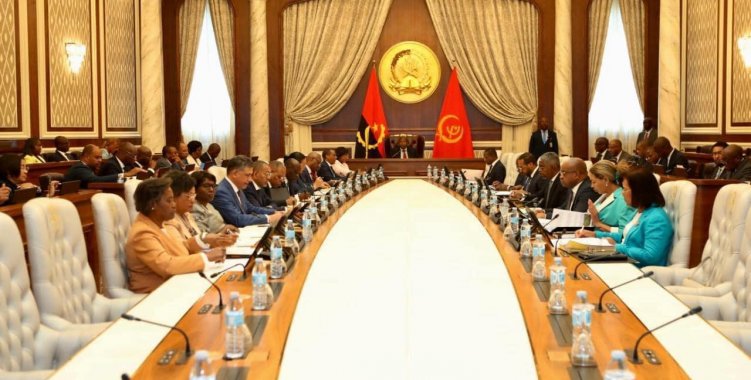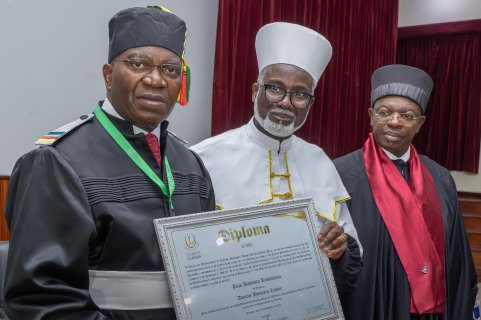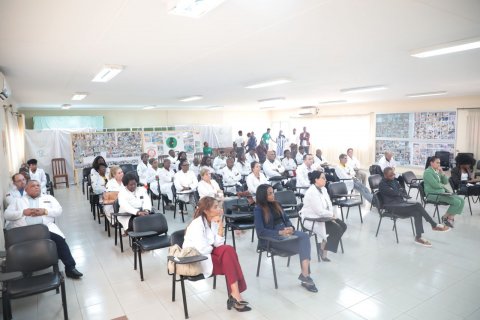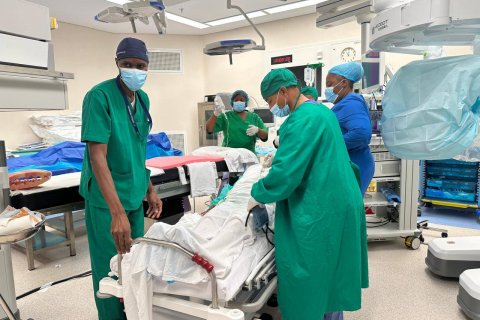The creation of grouped purchasing centres, the strengthening of the publication of statistical data, the expansion of the electronic contracting system and the performance of the profile of the contracted entity and the establishment of a reference price database are some of the axes of the PECPA.
The Minister of Finance, Vera Daves, stressed that the PECPA, approved by the Council of Ministers, was created with the aim of contributing to the effort to improve the morale of the public administration and thus reduce "actions of exploitation, in the context of public procurement, and practices that lead to acts of corruption".
In statements to the press, at the end of the meeting chaired by the President, João Lourenço, the minister signalled that the PECPA aims to ensure that, increasingly, public procurement and the relationship between the State and companies is also used as a policy measure.
Other objectives include boosting local services to support micro, small and medium-sized businesses, and also defining criteria for positive discrimination for companies focused on job creation, social inclusion and incorporation of staff in their workforce with certain characteristics that require special attention.
"We want to contribute so that, increasingly, public resources also become a lever for growth and boosting micro, small and medium-sized businesses", said Vera Daves.
A third of public procurement procedures in the country in 2023 were carried out through simplified contracting, or direct adjustment, which absorbed 84 percent of the contracted value, according to the annual public procurement report released last June.
The Council of Ministers also assessed this Thursday the report and assessment of the implementation of the National Development Plan (PDN) 2023-2027 for the first half of 2024, the draft presidential decree that creates the Angolan Gender Observatory and several documents on Angola's foreign policy.







